Welcome
I started this blog in 2013 to share my reflections on reading, writing and psychology, along with my journey to become a published novelist. I soon graduated to about twenty book reviews a month and a weekly 99-word story. Ten years later, I've transferred my writing / publication updates to my new website but will continue here with occasional reviews and flash fiction pieces, and maybe the odd personal post.
|
No, I'm not going to mention the election, although I read the second of these two novels as a certain world leader screamed for the count to be suspended in some states and accelerated in others. And I wouldn't want to speculate on whether the status of these fictionalised ordinary Americans might shed some light on how half the country lost its mind. But I do love a story that upends the American dream. Where is the space for those who don’t strive for success and fame? Where do the American Asians fit in the narrative? Prepare to be provoked and entertained!
4 Comments
To and from Jamaica: Mr Atkinson’s Rum Contract; Wonderful Adventures of Mrs Seacole; Augustown21/10/2020 When I selected my reading for Black History Month, I didn’t realise that three of the four books had a connection to Jamaica. Nor did I realise that one would obscure black history as much as it illuminates. While three books are around ninety-seven short of composing a timeline, they’re listed here in chronological order of the events they portray. Scroll down for links to my reviews of other books (mostly fiction) I’ve read in recent years.
These two recent reads are about marriages under severe strain. In the first, set in the southern USA, a woman turns to a mutual friend when her husband is sentenced to twelve years’ in prison for the crime of being black in the vicinity of a sexual assault. In the second, set in the UK, a family is in crisis as a result of the husband and father’s combat PTSD.
These two novels defy easy categorisation, but I’ve paired them for the combination of depth and humour, innovative structure and switching points of view. Both feature the dynamics of family and coupledom, and a holiday – the first in Scotland, the second in Italy – with destructive consequences.
These two recent reads – the first non-fiction rooted in the UK, the second a novel visiting Australia, the USA and Iraq – involving characters and authors delving into recent and historical government injustice against its colonised peoples. Read, and use your vote accordingly – but of course you already do!
Humour is a tricky business, especially around serious subjects. Get it right, and you can entertain while inciting rage at injustice. Get it wrong, and you risk becoming the target of rage. So what did I make of these two comic novels? The first set in Blitz-blasted London, the second in contemporary Atlanta, which draws you most and are you able to guess which I’d prefer?
When I studied the psychodynamics of organisations, I was encouraged to pay particular attention to how the system responds to a new arrival. Likewise in fiction, the introduction of an outsider is a useful strategy for delving under the skin of a community, especially one in crisis. In both these recent reads, the outsider is a teenage girl, bereft of family, who is smoothly absorbed into the existing structures and, to a small degree, starts to change them. In the first, a translated novella, set in Austria at the end of the Second World War, she is the main point-of-view character. In the second, a debut novel with a contemporary South African setting, she is one of several somewhat shadowy characters. But both books are more about historical and geographical place than person. See what you think.
Where once it was religion that kept the poor downtrodden, now it’s capitalism as expressed in the Great American Dream, that we can all be winners if we set our minds to it. Both these novels transport the modern mind to a time and place where characters are conscious that not everything that happens is under their control. But that doesn’t stop them from trying to appease the superpowers or exercise free will. In the first, we meet a group of thirteenth century pilgrims sacrificing earthly pleasures for an easier eternity; in the second, a young woman in modern secular India grapples with the ancient Hindu concept of fate.
I’ve recently read two historical novels about morality with surprising echoes of our current pandemic. The first is a fun story set in 17th-century London about a young woman concerned about losing the respect of her relatives when she turns to prostitution after becoming homeless during the Great Plague. The second is set in a copper mining community in 1850s South Africa, where lives are lost because the owners put profit before people.
I felt grief when schools and pubs and restaurants were closed, despite not having much use for any of them; and guilt when a minor health issue kept me from my usual outdoor volunteering, with staffing already low as the over 70s were advised to stay at home. I welcomed the lockdown in bringing some order to an atmosphere of chaos and confusion, despite being appalled when I saw it happening to my publisher in Spain. I found a host of silver linings and even admired the most egotistical prime minister and the most extreme right wing government’s management of the crisis. And then the doctors and nurses began to die.
My two most recent reads are of novels that map cultural changes within two very different communities. The first is set in rural Ireland during the BSE crisis at the end of the twenty-first century, as more and more people turn their backs on a traditional form of butchering. The second starts and finishes in the two decades before the first begins, in the community of recent migrants to the UK from Bangladesh. While both include scenes of violence, the second is overall a cosy story of adaptation and resilience, while the first is a literary novel of linguistic and psychological depth.
Allow me to introduce you to a pair of novels about literally and metaphorically staying afloat in choppy waters. The first is a cli-fi translated novel about abandoned children; the second a historical debut about a woman at sea in a man’s world. Both are page-turners, so read on!
Both of these novels defy easy classification, but I’ve chosen to pair them for their themes of the legacy of slavery, or the way in which owning another person demeans us all. In the first, we follow a young man, marked by his unusual appearance, from babyhood in Jamaica shortly before independence to England and back. The second is a translated Argentinian dystopian novel about cannibalism. In both novels, a character, or characters, withhold or are denied their voice.
That’s right, both novels are about daughters: the first a debut about the claustrophobic bond between mothers and daughters exacerbated by the claustrophobic island setting; the second a translation from Hebrew set in late 19th-century Russia about the consequences of a father teaching his younger daughter his unusual trade. Of course there might be other connections but, as you’ll see if you read to the end, right now, I’ve got fictional daughters on the brain.
In these two novels, a teenage girl needs a safe place to retreat from the world, but the sanctuary she’s chosen won’t easily let her go. In the first, a convent provides shelter to a girl fearful of the consequences of an unplanned pregnancy; in the second, a psychiatric hospital offers a welcome respite from the strain of appearing sane. It’s pure coincidence that the main characters’ names – Dolores and Deborah – begin with the same letter and that both remind me of my forthcoming novel, Matilda Windsor Is Coming Home.
Here we have two recently published novels about women caught on camera, or doing the catching, casting a wide-angle lens on the turbulent politics of the first half of the twentieth century, with Fascism on the rise. The first zooms in on movie stars and/or makers: Anna May Wong, Leni Riefenstahl, and Marlene Dietrich. The second on Gerda Taro, a lesser-known (at least to me) feminist photojournalist, who died documenting the Spanish Civil War.
Here I’ve paired two recent British novels inspired by real-life disasters affecting entire communities: the first being the 2011 earthquake in Christchurch, New Zealand; the second a plane crashing into a tower block in 1996 Amsterdam. I didn’t find either easy to get into, but both rewarded patient reading. See what you think!
Two historical novels in which young people are subject to brutal institutional regimes: in the first as comfort women in Singapore under the Japanese invasion; in the second as supposed offenders in Jim-Crow-era Florida. Both novels contrast the main character’s aspirations prior to captivity with their struggle to survive unspeakable cruelties with their sanity intact, and the scars they carry for the rest of their lives. Thankfully, for the reader who can vicariously accompany them, there’s some hope of redemption by the end. Read on, or jump to the end of the post for this week’s 99-word story.
Two novels about marginalised people, the first actually about travellers – or tinkers as the often refer to themselves in this novel – in Scotland; the second about migrants from Africa in Europe, beginning in Berlin. My reviews are followed by this week’s 99-word story prompted by the Carrot Ranch.
Two debut novels from female British writers featuring dodgy scientific experiments on nonconsenting participants within very dark periods of history: the holocaust in the first and the transatlantic slave trade in the second. Yet, despite both also featuring women disempowered by their husbands, and voluntary and involuntary drug abuse, each contains a thread of hope in a love story.
|
entertaining fiction about identity, mental health and social justice
Annecdotal is where real life brushes up against the fictional.
Annecdotist is the blogging persona of Anne Goodwin:
reader, writer, slug-slayer, tramper of moors, recovering psychologist, struggling soprano, author of three fiction books. LATEST POSTS HERE
I don't post to a schedule, but average around ten reviews a month (see here for an alphabetical list), some linked to a weekly flash fiction, plus posts on my WIPs and published books. Your comments are welcome any time any where. Get new posts direct to your inbox ...
or click here …
Popular posts
Categories/Tags
All
Archives
March 2024
BLOGGING COMMUNITIES
|
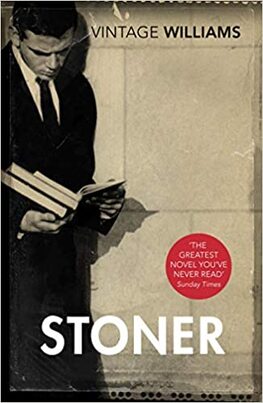

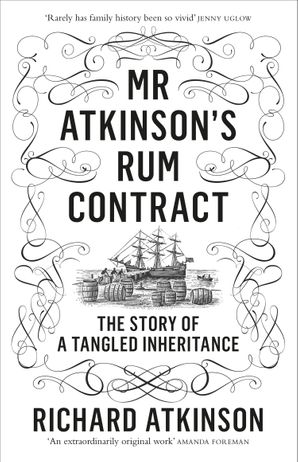
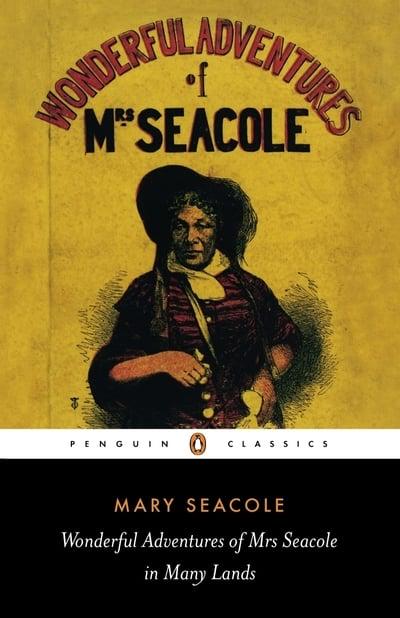
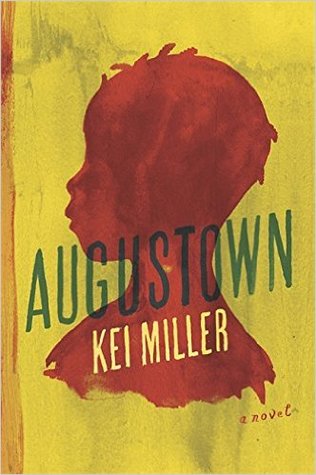
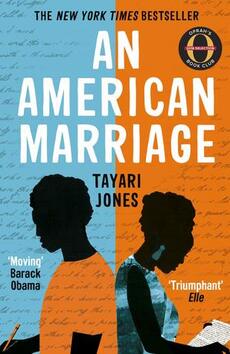
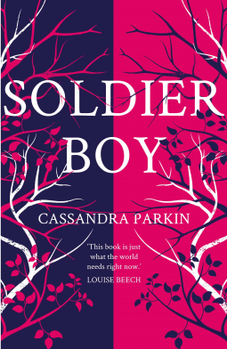
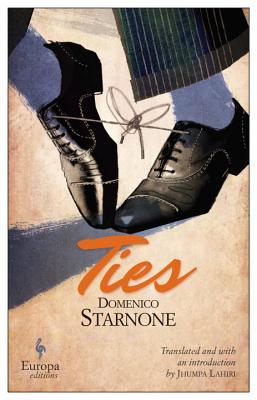
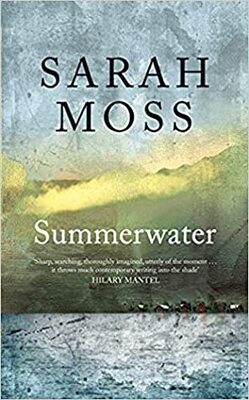
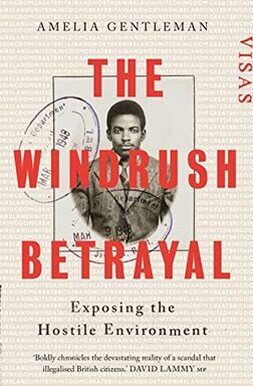
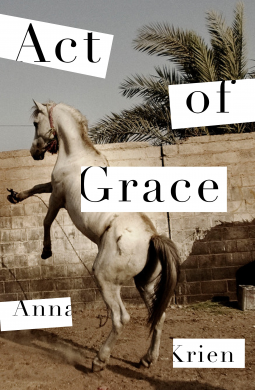
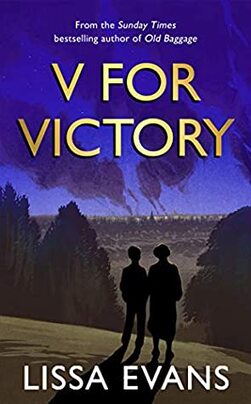
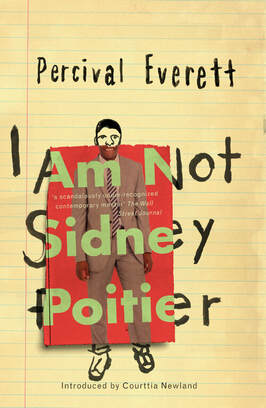
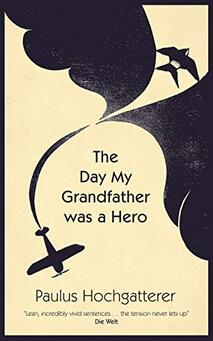
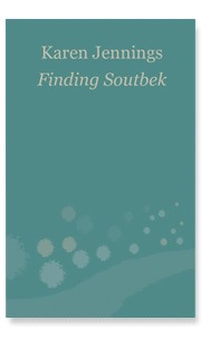
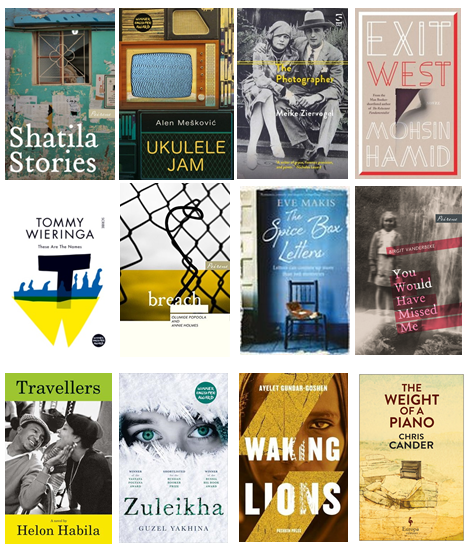
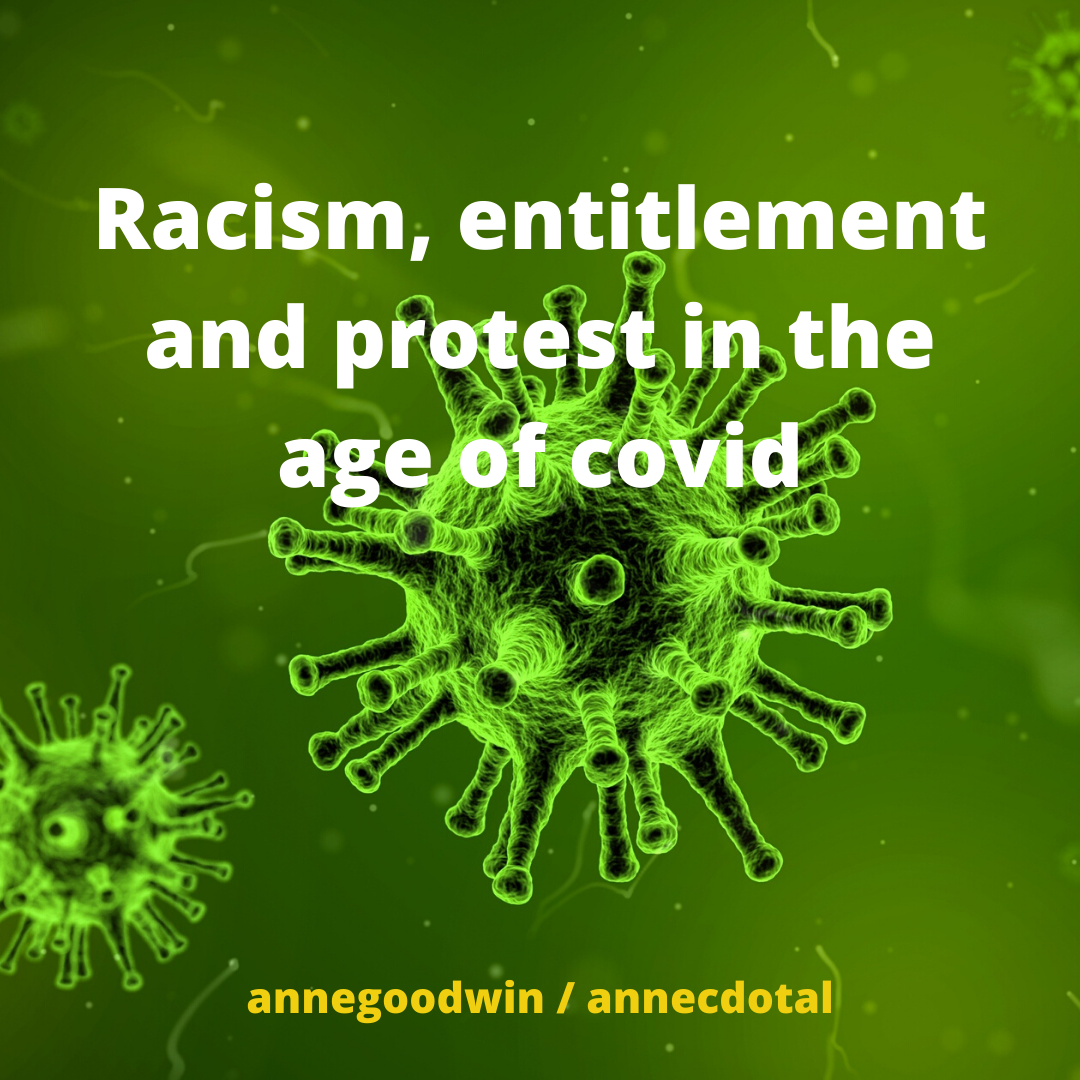
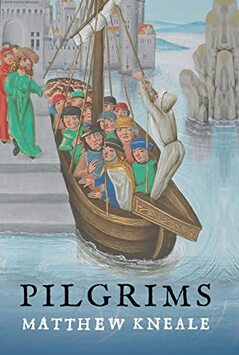
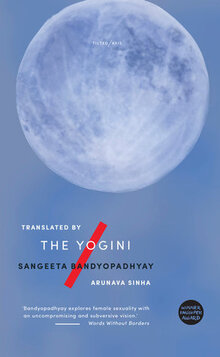
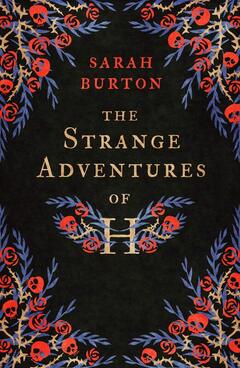
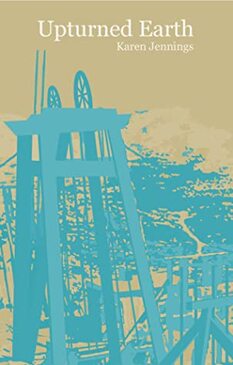
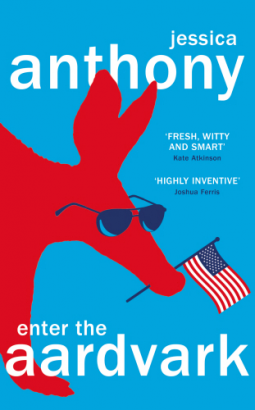

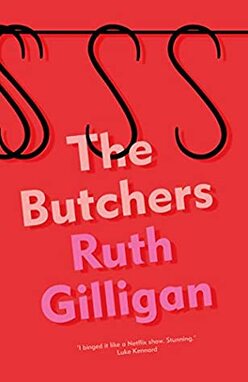
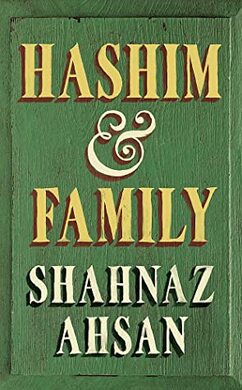
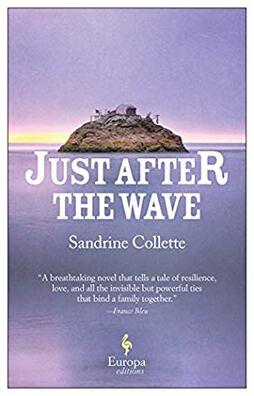
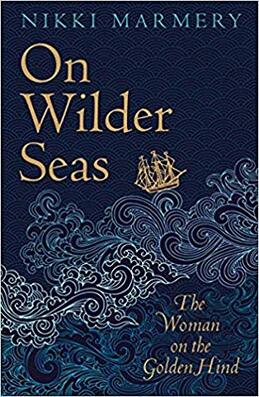
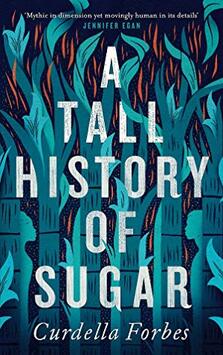
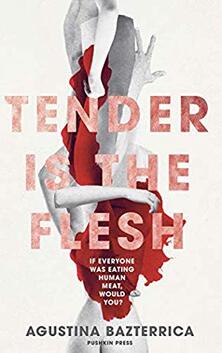
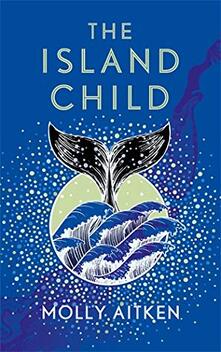
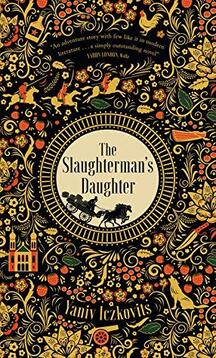
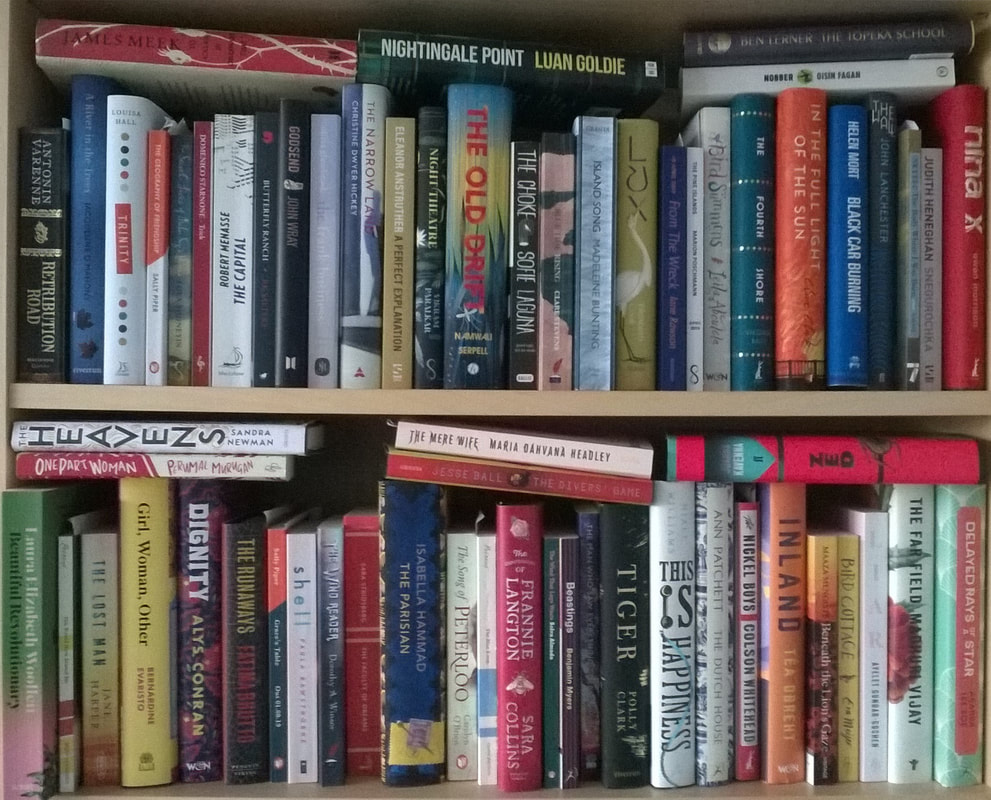

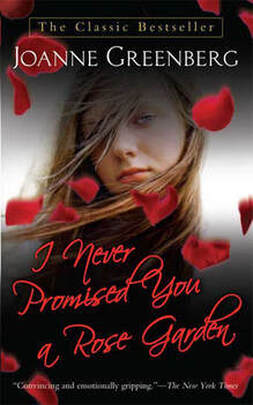
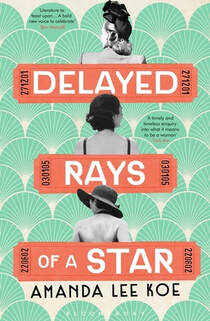
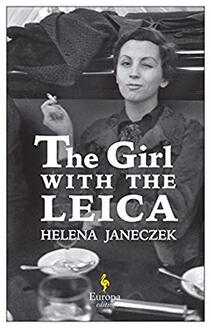
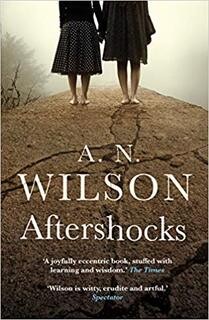
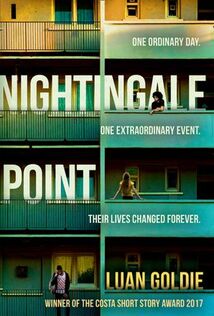
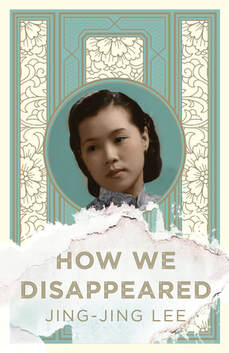
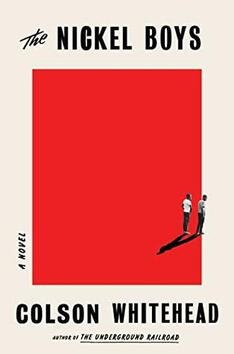
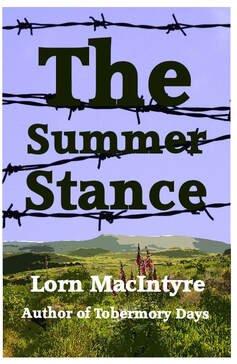
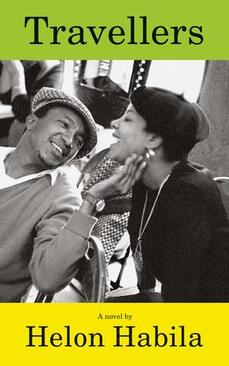
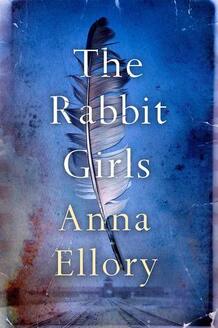
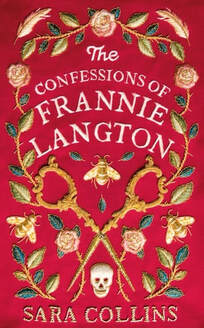
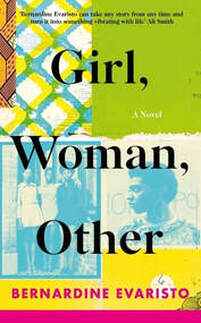





















 RSS Feed
RSS Feed





















